There are two kinds of forecasters: those who don't know, and those who don't know they don't know
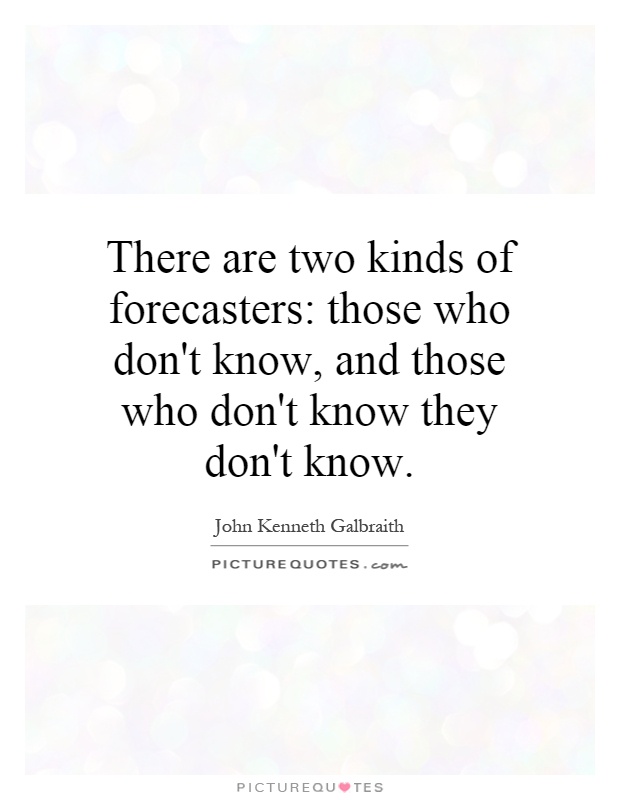
There are two kinds of forecasters: those who don't know, and those who don't know they don't know
John Kenneth Galbraith, a renowned economist and author, is often quoted for his insightful observations on the nature of forecasting. One of his most famous quotes is, “There are two kinds of forecasters: those who don't know, and those who don't know they don't know.” This statement encapsulates the inherent uncertainty and fallibility of economic predictions, a theme that Galbraith frequently explored in his work.Galbraith was a firm believer in the limitations of economic forecasting. He understood that the future is inherently unpredictable, and that attempts to predict it with any degree of certainty are often futile. This skepticism towards forecasting was rooted in his understanding of the complex and dynamic nature of economic systems. Galbraith believed that economic events are influenced by a multitude of factors, many of which are unpredictable and uncontrollable. As a result, he argued that economic forecasts are often based on incomplete information and flawed assumptions, leading to inaccurate predictions.
Galbraith's distinction between forecasters who don't know and those who don't know they don't know highlights the dangers of overconfidence in economic forecasting. He believed that many forecasters fall into the trap of thinking they have a complete understanding of the factors influencing economic outcomes, when in reality they are operating with limited knowledge and understanding. This false sense of certainty can lead to misguided decisions and policies that have negative consequences for the economy.
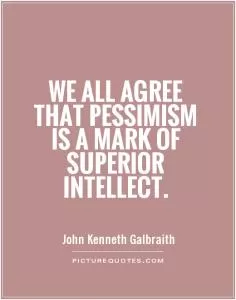
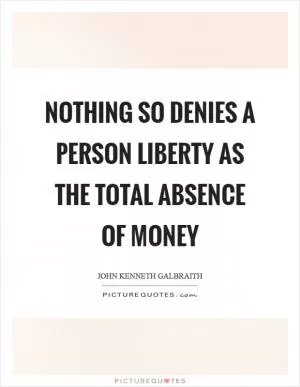
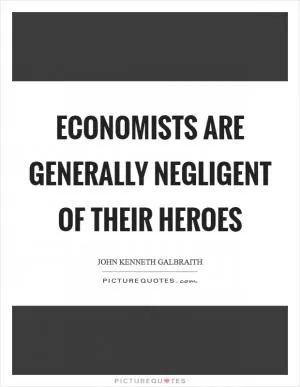
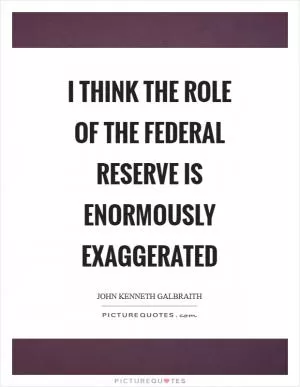


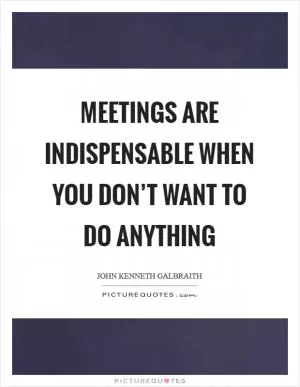


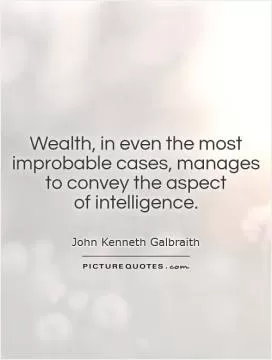


 Friendship Quotes
Friendship Quotes Love Quotes
Love Quotes Life Quotes
Life Quotes Funny Quotes
Funny Quotes Motivational Quotes
Motivational Quotes Inspirational Quotes
Inspirational Quotes